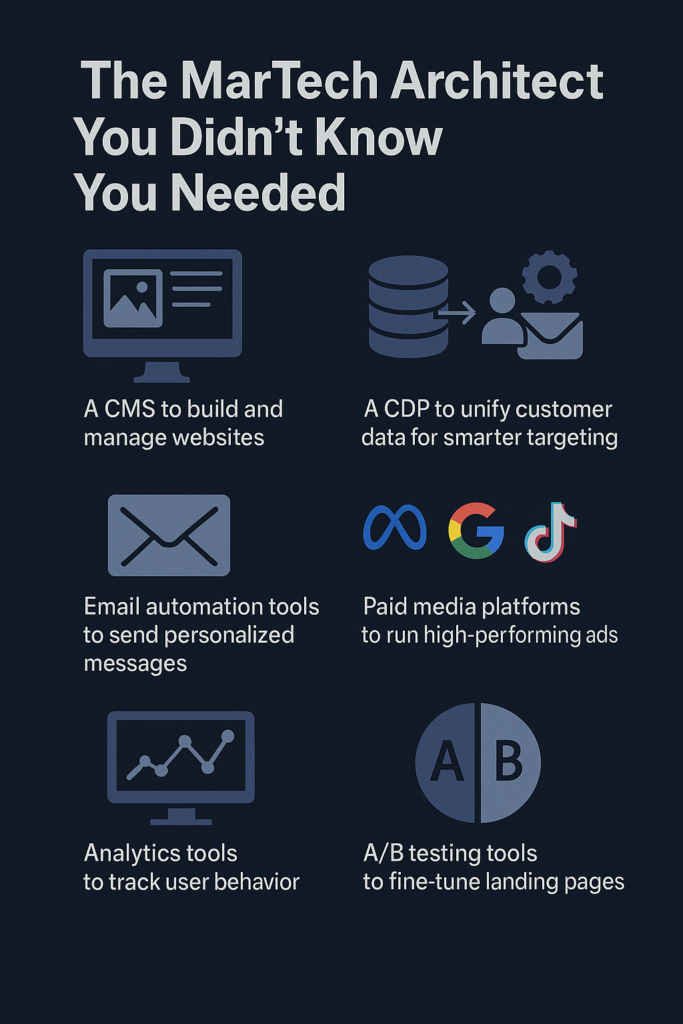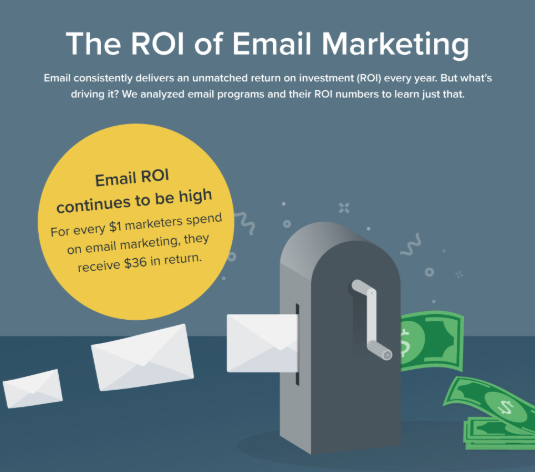
Marketing Engineer: The Tech-Savvy Hero Marketers Didn’t Know They Needed
Yes, it’s undeniable — earlier campaign marketing was all about catchy slogans, big-budget TV ads, and a creative director pacing the room, “Let’s make this campaign a hit.” At that time, creativity was the king, and marketing was more than science. But fast-forward to today’s data-fueled digital world, a new kind of maestro is taking the center stage: the marketing engineer.
This role isn’t just a mashup of two words. It’s a response to the seismic shift in how modern marketing works. With so many platforms, tools, data, and customer touchpoints, creativity is no longer sufficient on its own. Today’s campaigns need someone who can write code and craft compelling experiences, optimize pixels, and personalize user journeys, all at once. That’s the marketing engineer: part developer, part strategist, and all magic.
So, who are these marketing engineers, and why are they suddenly everywhere? Let’s break it down.
What happens when marketing and tech work together?
Marketing used to depend heavily on gut instincts. What color gets more clicks? What CTA convert is better? Sure, there was data, but it was frequently neglected, sluggish, or compartmentalized. These days, machine learning forecasts, real-time dashboards, and an abundance of A/B testing tools drive marketing decisions.
Tools like Segment, HubSpot, Salesforce, and Google Tag Manager require more than just a marketer’s intuition — they need technical muscle. That’s where marketing engineers come in. They provide the marketing team with more than simply tech help. They create, integrate, and optimize the digital tools that marketers utilize on a daily basis.
They make sure customer data flows seamlessly between platforms. They automate lead scoring. They set up pixel tracking and customize analytics. They’re like the hidden architects of marketing performance — the people who make your personalization dreams come true without breaking your website.
The MarTech architect you didn’t know you needed
The typical marketing stack in 2025 is a digital jungle that is busy, complicated, and always changing. Even a single campaign can touch a dozen platforms before it goes live. From designing pages to tracking every click, marketers now rely on a high-tech ecosystem that demands both precision and agility.
Let’s examine the inner workings of a normal campaign:

- A CMS (like Webflow or Contentful) to build and manage flexible, dynamic websites.
- A CDP (like Segment or mParticle) to unify customer data across platforms for smarter targeting.
- Email automation tools (like Klaviyo or Braze) to send personalized messages at just the right moment.
- Paid media platforms (Meta, Google, TikTok) to run high-performing ads across the digital universe.
- Analytics tools (GA4, Mixpanel, Amplitude) to track user behavior and optimize performance.
- Attribution platforms (like Northbeam, Triple Whale, or Rockerbox) to understand what’s actually driving conversions.
- A/B testing tools (like Optimizely or VWO) to fine-tune landing pages and user flows through experimentation.
It’s enough to make a traditional marketer’s head spin. But to a marketing engineer, it’s a playground. They’re fluent in APIs, data layers, and custom events. They can write code to pull data from one tool and push it to another, clean it up, and help marketers visualize it in a dashboard they can use. They’re the glue holding modern marketing together.
Not just a developer in disguise
You might think: “Isn’t this just a developer working with the marketing team?” Nope.
Subscribe to our bi-weekly newsletter
Get the latest trends, insights, and strategies delivered straight to your inbox.
A marketing engineer isn’t just technical. They speak marketing fluently. They understand why the bounce rate on a landing page matters. They get how creative impacts conversion. They know what a lifecycle email is and how it should be triggered.
What makes them special is their empathy for both sides of the table. They can sit in a growth strategy meeting and brainstorm hooks, then go back to their laptop and build a data pipeline to track which hook performs best. They’re as comfortable in Figma as they are in GitHub.
Call them the creative technologists of the brand world.
It’s not Coding vs. Creativity (It’s both)
Here’s the honest truth: as brands chase personalization, automation, and performance, marketing is becoming more technical than ever. Creativity still matters, but execution now depends on data infrastructure, platform integration, and smart automation. Having a great marketing idea is no longer enough; you also need the technical know-how to make it a reality.
Want real-time personalization? That requires a strong data layer and event tracking. Do you want all of your tools to be able to sync consumer actions? You’ll need someone who can stitch APIs seamlessly together. Want a funnel that scores leads, triggers emails, and feeds paid platforms with signals? That’s where a marketing engineer steps in, translating strategy into systems that deliver. In short, no marketing innovation can scale without technical support.
And that’s why forward-thinking brands — from SaaS unicorns to eComm giants — are hiring marketing engineers like it’s Black Friday.
Real world, real results
Take Rhode, a skincare line that Hailey Bieber sells directly to consumers. When it was first launched in 2022, it had trouble with tracking and fragmented data. Adding a marketing engineer helped unify their data and optimize marketing, driving rapid growth. The outcome?
Fast growth that led to a $1 billion acquisition by Elf Beauty in 2025—proof that smart tech meets marketing magic.

- All platforms were integrated using a CDP.
- They implemented advanced event tracking to identify their highest LTV cohorts.
- Email and SMS campaigns were triggered based on real-time customer engagement.
- A/B tests were automated, and winning variants were deployed instantly.
The result? Email marketing delivers an average return on investment of $36 for every $1 invested, according to a report by Litmus. By personalizing customer experiences, companies that use Customer Data Platforms (CDPs) report a 10–20% boost in conversion rates (Forrester).
All because someone made the connections and created channels that allowed marketing concepts to flow naturally.

So… Should you be a marketing engineer?
The future belongs to hybrids!
Suppose you’re a marketer who secretly loves SQL and dreams of building smarter systems, or a developer tired of backend work but fascinated by consumer psychology. In that case, marketing engineering might just be your calling. This unique role sits perfectly at the crossroads of tech and tactics, code and creativity, data, and dreams.
As marketing gets more tech-driven than ever, marketing engineering is just getting started. In a world where ChatGPT writes copy, Midjourney designs visuals, and ad platforms are increasingly self-serve, the edge goes to teams that don’t just have great ideas — they execute them quickly, smartly, and at scale.
That’s the real magic of a marketing engineer. They don’t just imagine the future of marketing — they build it.
Cut to the chase
If you want your campaign to have a significant impact and success, you need to blend tech with marketing. The future belongs to hybrids who can execute at scale!
Will you be one of them? Start mastering marketing engineering today and lead the change.


